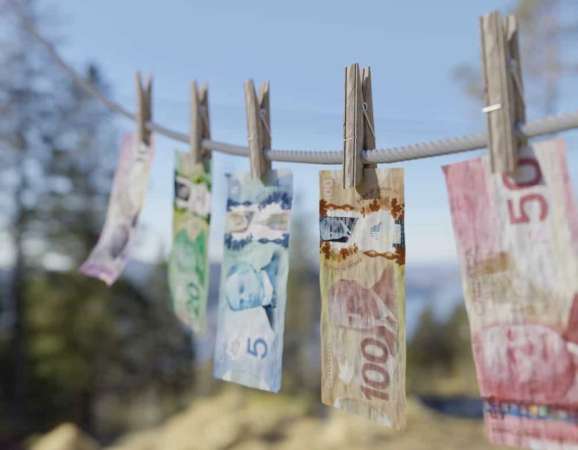Money laundering remains one of the key concerns of law enforcement agencies globally, with casinos often seen as centres of illicit transactions.
The fight against money laundering has always been a top priority for the global police. Criminals have become emboldened with technological advancements, using methods that leave little or no auditable trails behind. One of the most widely used laundering channels is the casinos, primarily because of their high risk of exploitation.
Contrary to common belief, money laundering is neither a simple nor a straightforward task. Embezzling money is a complex undertaking that involves much forethought and engineering to yield any benefit.
Money Laundering Process at Casinos
Money laundering through a casino is a crime. Yet, as unlawful as it is, it’s a lucrative venture that often yields large profits. A crafty crook can make millions of dollars within a relatively short time.
So, how do money laundering operations work in a casino? Primarily, casino money laundering takes place in the form of currency transactions. These deals usually revolve around credit card transactions or wire transfers because it’s easier to track currency in liquidity than through online transactions.
When you think of money laundering, the manufacturing of fake currency using sophisticated machines might spring to mind. However, laundering is simply an illicit way of reintroducing existing money into the current market flows. This can be done either anonymously or via licit establishments such as casinos.
Casinos offer favourable predispositions for such operations due to their financial structures and criteria used for business transactions. Generally, such schemes are not easily identifiable, detectable, or even uncovered. Ultimately, you must clearly understand all the instruments and techniques used in a money-laundering strategy to recognise it.
Money Laundering Methods Used at Casinos
Usually, money laundering encompasses different methods. The principal modus is the use of instruments or carriers. Using either of these methods, an individual gets to enlarge their cash significantly. The most common method used in casinos is the use of instruments.
Instruments can either be chip purchase vouchers, cash, credit cards, gifts, casino cheques, or others. Another less commonly used method is the structuring of transactions. Although this may sound simple, the process is convoluted and requires a good understanding of computers and programming.
Here are some of the more popular methods used to launder money in casinos:
- Casino value instruments– This is possibly the most used method of money laundering. Criminals purchase credits or chips to redeem their value via methods of payment.
- Structuring of transactions–This method, also known as smurfing, incorporates the distribution of large sums of money separated into smaller transactions to conceal the transactor’s identity and minimise detection.
- Refining of banknotes– As the name implies, this method incorporates refining and altering the banknotes. This method is commonly used by individuals on a larger scale, usually by an organised criminal group.
- Individual accounts and safe deposit boxes– Most casinos use deposit accounts that are generally less prone to inspection by government agencies and financial services providers.
- False documents and fraudulent means of payment– Individuals involved in criminal doings avoid using their original documents. In most cases, they will make use of false documentation and bogus payments to hide their identity.
- Conspiracy for fixed games– This is used by felons to fake the outcome of a game and benefit financially from the outcome. Casinos are a well-known facilitator of money laundering through the application of the fixed game conspiracy.
Over the years, criminals have perfected methods to gain wealth through illegal means. This has led criminals to use organisations and institutions such as casinos for their dubious transactions. As a result, in addition to amended legislation, casinos should pay close attention to suspicious indicators and money laundering tools.
There is no doubt that money laundering is a reality in casinos and other institutions and is very difficult to eradicate. However, implementing the right tools and taking the necessary precautions can help minimise wrongdoing occurrences.


